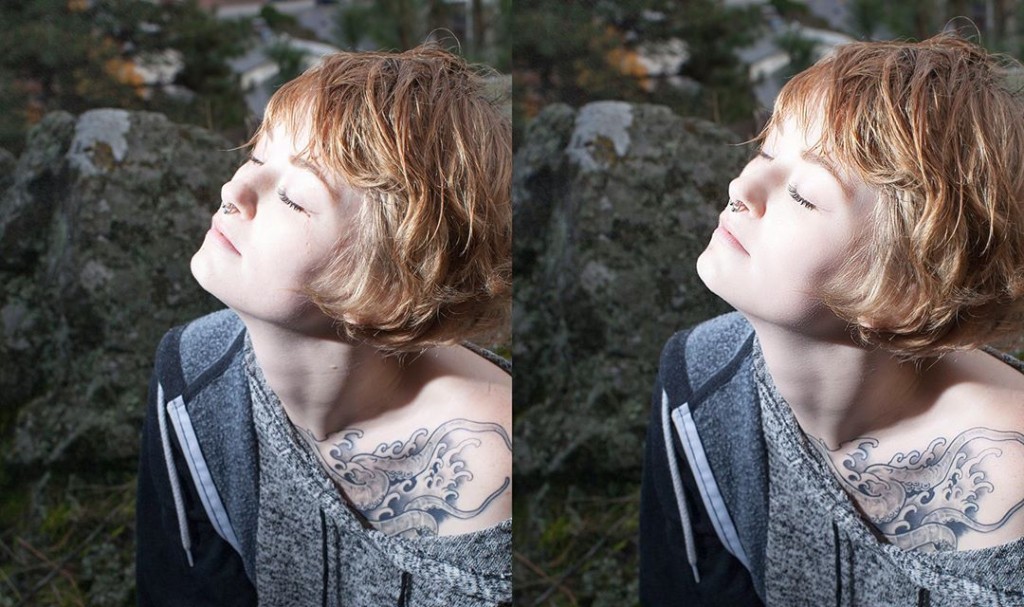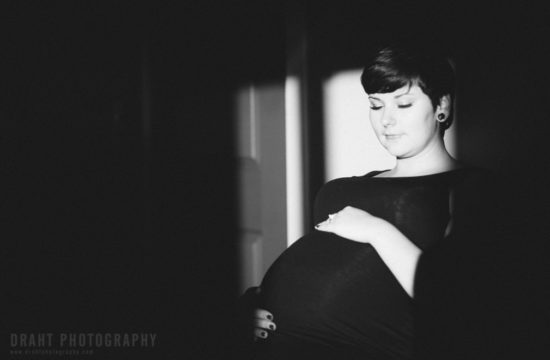
March 18, 2015 / Celebration Inspiration Photography black and white portrait Okanagan British Columbia Vernon Photoshop
Portrait Photography Pointers from a Vernon Photographer
First off: I love doing portrait photography in Vernon. There’s a ton of landscapes and a due to our Canadian multiculturalism, always different faces to photograph. It’s a wonderful thing.
Look at the paroemion in the title. Just look at it. That’s great.

(Before on the left, after on the right)
I’ve never been happy with the filters offering frequency separation. They don’t dodge, burn, and clone in the right places. Sure, they’re fast. This technique is a little under 25 minutes for a full retouch. But there’s nothing special about them.
Trying my hand at a new frequency separation technique. You create a different set of frequency separation layers (high pass, low pass) for each area of the skin. Eyes, nose, chin, jaw, hairline, eyebrows, nose, shoulder, and neck. By breaking it down, you minimize your chances of over-blending. Although the model is “baked” (overexposed) in this shot, I figure it’s a great way to test this.
I’m getting there, but there’s a lot of work to go before I’ve got my own signature style in a place where I want it.
I’m still having issues regarding color. Especially when a model has a little bit of red in her cheeks, I have trouble making it congruent on both sides. Normally, when I pose a model, I’ll have them looking off in one direction or the other. That lets me frame in the direction of the dominant eye.
In the future, my plan is to create a format where I can blend them concurrently. That way, the portrait will bisect itself. It’s important to keep the process under 25 minutes as well. As satisfying as it is to go over a photo for three or four hours to make it competition ready, it’s better to come up with a well laid out plan to execute before every portrait. A plan of attack that can evolve, and become what I need it to be. Eventually.
For now, just patience.



